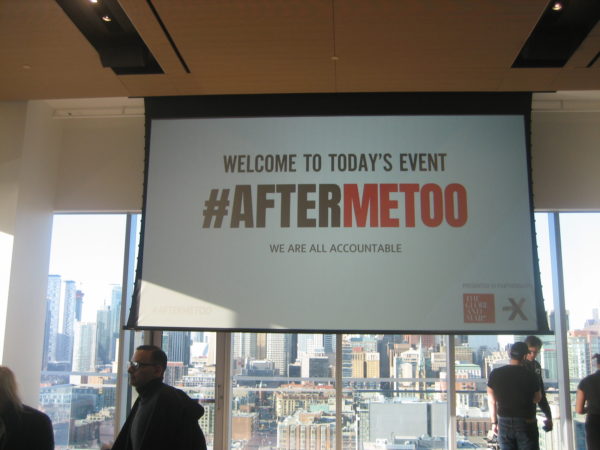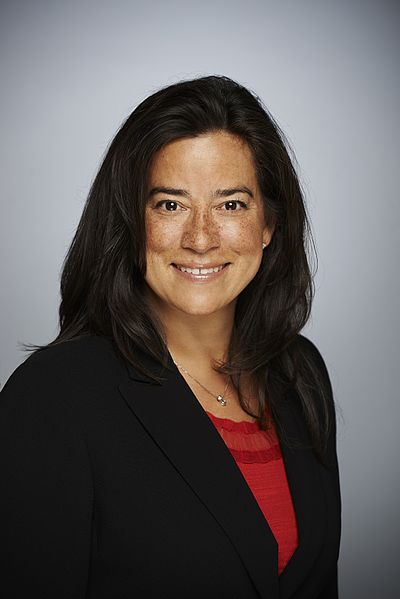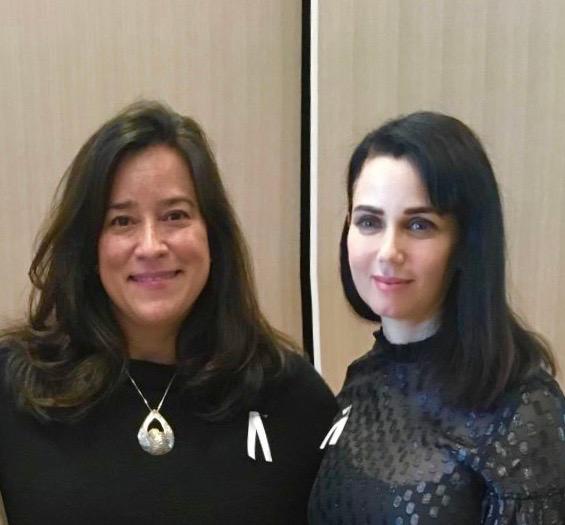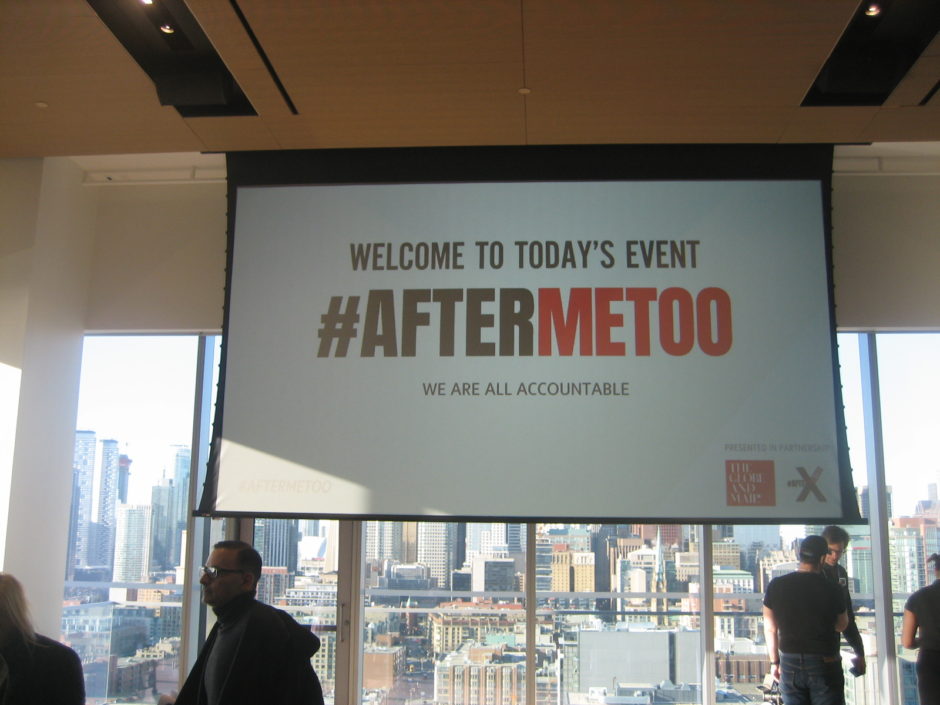The sordid Harvey Weinstein affair has spawned a new movement in Canada that seems to augur well for women in the workplace.
#After MeToo was officially unveiled at a symposium in Toronto on December 5 and 6 sponsored by The Globe and Mail daily newspaper. It took place two months after the notorious Hollywood movie mogul was officially exposed as a serial sexual perpetrator and just weeks after a string of American actors, directors and talk show hosts from Kevin Spacey to Matt Lauer lost their jobs after being accused of the same offences.

The symposium, organized by the actor Mia Kirshner, the filmmaker Aisling Chin-Yee and the actor-producer Freya Ravensbergen, was inspired by the #MeToo movement, founded more than a decade ago in the United States by Tarana Burke. In its latest edition, Time magazine hailed the women associated with #MeToo as the “person” of the year.
The date of the symposium was deliberately timed to coincide with the 28th anniversary of the worst mass shooting in Canadian history. On December 6, 1989, a man who said he hated feminists killed 14 female students at the Ecole Polytechnique in Montreal.
The symposium, the by-product of an op-ed piece written by Kirshner in The Globe and Mail last month, brought together members of Canada’s entertainment industry, social activists, lawyers and academics to discuss practical ways of fighting sexual harassment, abuse and assault.
In her piece, Kirshner — the star of Exotica, a regular in The L Word and the granddaughter of Holocaust survivors from Poland — excoriated the film and television industry for “turning a blind eye to sexual harassment and abuse carried out by those who wield power.” She also criticized performers unions such as SAG and ACTRA, saying they have failed to stand up sufficiently for its members.
Kirshner called for increased mental health support for sexual abuse victims and recommended that online reporting systems be established to determine whether whistleblowers are subjected to reprisals and blacklisting.
At roundtable discussions on the first day of the symposium, the following recommendations were tabled:
- Canadian labor laws should be amended.
- Harassment prevention policies should be adopted.
- Mandatory workshops on sexual harassment and abuse, was well as a fund and a mental health program for victims, should be established.
- An online reporting system, and an independent body to investigate sexual harassment and violence, should be created.
-

Robyn Doolittle
Robyn Doolittle, a Globe and Mail investigative reporter, kicked off the second day of the symposium by asserting that sexual assault victims are shortchanged by the criminal justice system. The police, she noted, dismiss one in five such cases.
Chin-Yee stated that women seek safe and transparent workplaces.
Ravenbergen said, “The system that failed us has to change.”

Canadian Minister of Justice Jody Wilson Raybould declared that sexual harassment and violence, a “deplorable and unacceptable” phenomenon, must stop. And those who enable victimization must be called to account. “Silence creates a culture of complicity,” she said, adding that victims should be treated with compassion and respect.
Canada has some of the strongest sexual assault laws in the world, but only five percent of such crimes are reported to the police, and victims face barriers when they do report assaults.
Raybould, the first indigenous person to hold the justice portfolio, said that sexual violence can only be combatted effectively if sexism, misogamy and discrimination are fought. “The cycle of violence must end,” she said.
Bill C-51, introduced last June, will strengthen the provisions pertaining to sexual violence in the criminal code, she said.
Claiming “the tide is turning,” Raybould said, “Let’s use this momentum for real change.”
Warning that the “vestiges of intolerance still linger” in Canadian society, she said, “We must all speak out against sexual violence. Everyone has a right to live a life free of violence.”
In a panel discussion following Raybould’s speech, Melanie Randall, a University of Western Ontario law professor, suggested that the fallout from the Weinstein scandal has given rise to a societal tipping point — a “historic moment” that may well result in permanent changes in the workplace for women.
Jennifer Freyd, a University of Oregon psychologist, said that sexual predators can intimidate and silence victims by means of a “deny-attack-role-reversal” strategy that exonerates the perpetrator. She urged the creation of structures to honor and protect whistleblowers.
Kish Iqbal, a Toronto talent agent, said that blacklisting in the entertainment industry is almost impossible to prove.

In the symposium’s closing speech, Kirshner accused agents and managers of contributing to a toxic climate by remaining silent in the face of harassment and abuse. Citing an example, she recalled an unpleasant encounter she had in a New York City hotel room 22 years ago. Much to her disappointment and disgust, her representatives told her to “forget” about it.
Calling for “urgent reform” to protect victims of assaults, Kirshner said abuse takes place not only in the entertainment industry but in all sectors.
Claiming her industry has been presented with an unprecedented opportunity to make amends for the past, she warned, “We have a moment right now, but this window will close if we don’t take action.”
She added, “A path to rational and holistic change must be created. We’re all accountable. Are you listening?”
Full disclosure: Mia Kirshner is my daughter.
